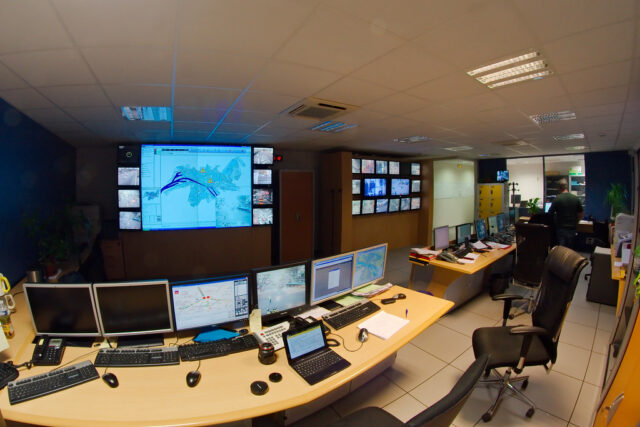The Future of Surveillance Technology: Balancing Security and Privacy

About Course
In an age of rapid technological innovation, surveillance has become a double-edged sword—offering unprecedented tools for public safety and national security, while simultaneously raising serious concerns about personal privacy and civil liberties. “The Future of Surveillance Technology: Balancing Security and Privacy” takes students on a compelling journey through the historical evolution, present capabilities, and future direction of surveillance technologies. From early spy tools to AI-driven facial recognition and biometric tracking, learners will explore how these technologies are reshaping society.
This course doesn’t just focus on technology—it also opens up a critical conversation about ethics, rights, and responsibility. It encourages students to examine legal frameworks, understand the social implications of mass surveillance, and evaluate emerging solutions designed to strike a balance between protecting people and preserving their freedom. By the end, learners will be equipped with a thoughtful and informed perspective on the role they—and future technologies—can play in shaping a secure yet just world.
Course Content
Introduction
Explanation of surveillance technology
00:00The importance of security and privacy
00:00The purpose of the ebook
00:00